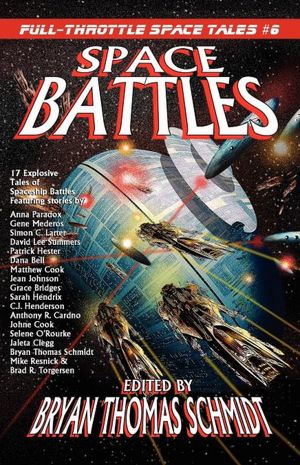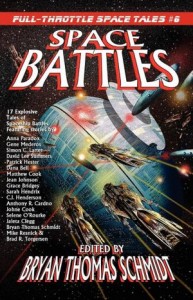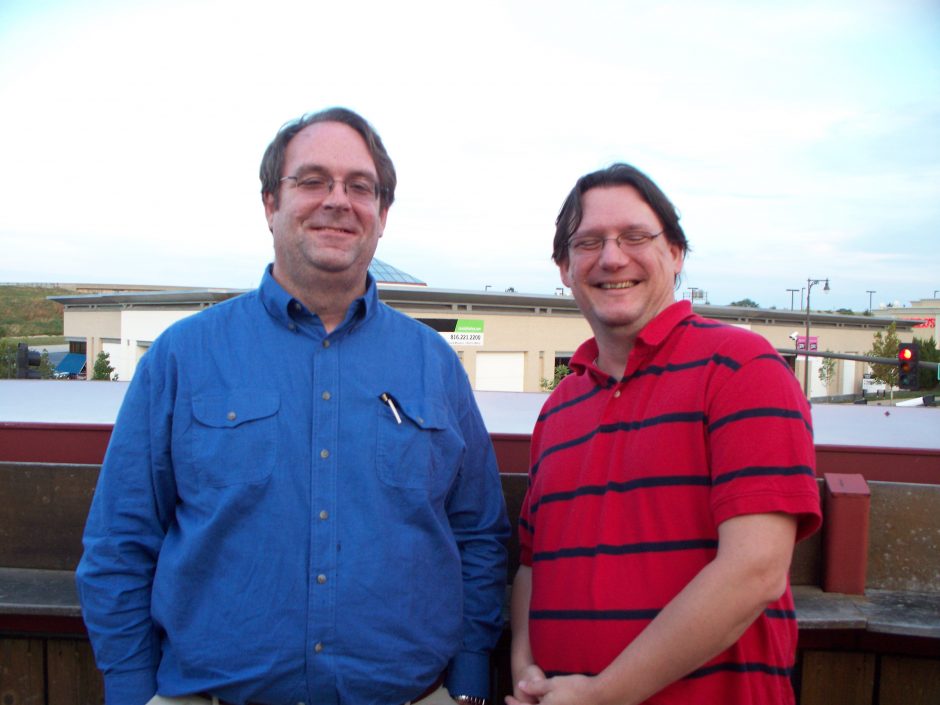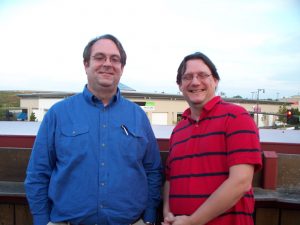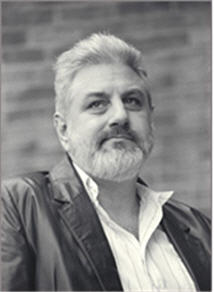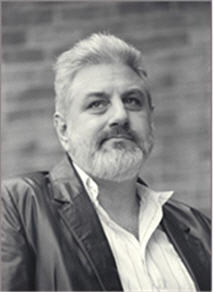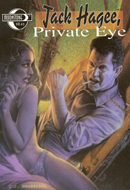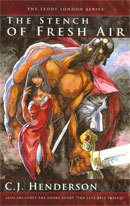 Imagine a girl, 22 years old, star athlete, straight A student. A solid, loving home with dedicated parents who are so proud. Off in college at a great school. She’s expected to conquer the world one day. Then it all falls apart.
Imagine a girl, 22 years old, star athlete, straight A student. A solid, loving home with dedicated parents who are so proud. Off in college at a great school. She’s expected to conquer the world one day. Then it all falls apart.
Imagine a girl, 29 years old, she’s smart, probably genius IQ, hard working, attractive, energetic, dedicated, passionate, well liked with the future shining bright ahead of her. She’s just married and she’s fulfilled her dream and moved to the U.S. from Brazil. She’s a straight A student as a foreigner at a U.S. college. She’s going to school full time while working full time, too. Then one day, she just starts walking and walks over forty miles. Along the way, when her shoes and purse become hassles, she just tosses them aside and carries on. It’s 12 hours before the police have to halt Interstate 10 at night to stop what they think is a suicide and find her dodging cars. She’s disoriented. Insists someone moved the highway. She’s just trying to get home. They eventually take her home and her husband is worried sick. She’s up constantly, cleaning obsessively or talking to herself. She puts perfectly fine things she used to value out for the trash. She begins destroying her immigration documents, her photos, etc. She becomes increasing hostile toward her husband who just wants to know she’s okay. There are two more police incidents the next few days until a court order is sent to put her in a mental hospital for evaluation.
Both are real people I know.
Such is the lot of millions of men and women around the world. Their lives are so blessed and perfect, until, one day, an invisible monster knocks them off track and they’ll never be the same. Studies have found that 1 percent of the U.S. population suffers from various forms. 40-50% of the U.S. homeless population suffers. 40 million suffer in Europe. It’s not a fluke. It’s not freak incidents. It’s a real problem. The police and medical personal have difficulty because the mentally ill are irrational at times but other times can seem perfectly normal. After all, police and hospital personnel have often never met them before. How are they to know it’s true when the spouse or a family member says they’re not normal? With HIPPA laws, the patient has a right to refuse treatment or make their own decisions. The spouse and family have no say without the patient’s signature. If what the patient says seems plausible, they have to go with it, and the family member will just have to deal with it.
When they’ve had enough of this crap and feeling helpless, fearing for their own lives and for their loved one’s life, some families give up. If they can’t commit the relative, they just kick them out. Enough of ruining my home life. Go take care of yourself if you can. Most wind up homeless. The family feels guilty but it’s better than living with that kind of drama. After all, mentally ill people can harm you with incredible bursts of anger and strength. And they certainly cause stress, sleepless and other issues that become really destructive to one’s lifestyle. Oh sure, there’s medicines available that can make them normal most of the time, but the sick person quits meds every time they feel better. “I’m normal. Why should I have to take that?” they say. In a few weeks or months, the nightmare starts all over again. One can only live with that for so long. The sick loved one has lost everything, but at least they don’t realize it much of the time. That seems more merciful than living with the pain daily: feeling like you failed them, knowing you gave up, knowing what you’ve both lost, etc.
It’s an invisible enemy, my friends: mental illness. It afflicts millions of people and families around the world. To those on the outside, the afflicted seem immature, odd, quirky, eccentric with their inappropriate behavior. Some are feared. Others mocked. All avoided. Most written off. By anyone who doesn’t know them. Families struggle to get help and support. Friends abandon them because the afflicted person’s behavior is too hard to be around and/or understand. The only help they can reach for is impersonal, cold medical and social workers or law enforcement. And none of those encounters is usually pleasant. People call them “lunatics” or “wackos.” “Put them in a home,” they shout. They look down on relatives talking to adult loved ones like children in public, totally unaware the person is having an episode or has a history of behavioral patterns that loved one is trying to cope with.
A checkout lady scolded me at the store and accused me of being a “controlling bastard husband.” Told my wife to divorce me and find someone who respects her. All this because I refused to buy stuff we couldn’t afford and didn’t need that my wife wanted during a manic episode. Every time I went to that store, near our apartment, I got evil stares from people who’d seen it. There was no way to explain that they’d believe. They didn’t see her enough to know the difference. They couldn’t see our credit and bank accounts. I was accused of spousal abuse for restraining her when she tried to hurt me and herself with knives, darts or other objects. By Texas law, they had to file a case against me. Luckily the grand jury threw it out after seeing evidence of her mental health history, but imagine if I’d had to carry that stigma around? Who would ever believe I really didn’t abuse my wife?
The hospital staff and their damn HIPPA law made it all the worse. If my wife hated me that day, they cut me off from any information or input. If they wanted to do expensive tests, my wife, who was manic, could say ‘Yes’ and I’d be billed for it. Even worse, I was treated like an abuser because despite the doctor, who knew me, telling them I would never do that, my manic wife made the claims and laws are laws. It was humiliating, heartbreaking, insulting, and frustrating. It was stressful and angering and so much more. I felt like a victim, too. I was a victim.
Chances are someone you know, maybe even someone you love, has some form of mental illness. Chances are you encounter people in the world who do. Please remember these stories. Please educate yourself. A well researched article on Mental Illness From Stanford can be found here: http://plato.stanford.edu/entries/mental-illness/. Please sympathize with and pray (if you do) for their loved ones. Most of all, please don’t dismiss them as irrelevant. Having a person you love–same face, same voice, etc.–saying terrible things, treating you like an enemy, abusing you, etc. and feeling helpless is one of the worst things you’ll ever experience. Far worse than you could ever imagine. Families are broken apart. Hearts broken. Children lose parents. Spouses lose their mates. Parents lose their children. And the sick person loses their future.
May is National Mental Health Month. Please remember.
For what it’s worth…
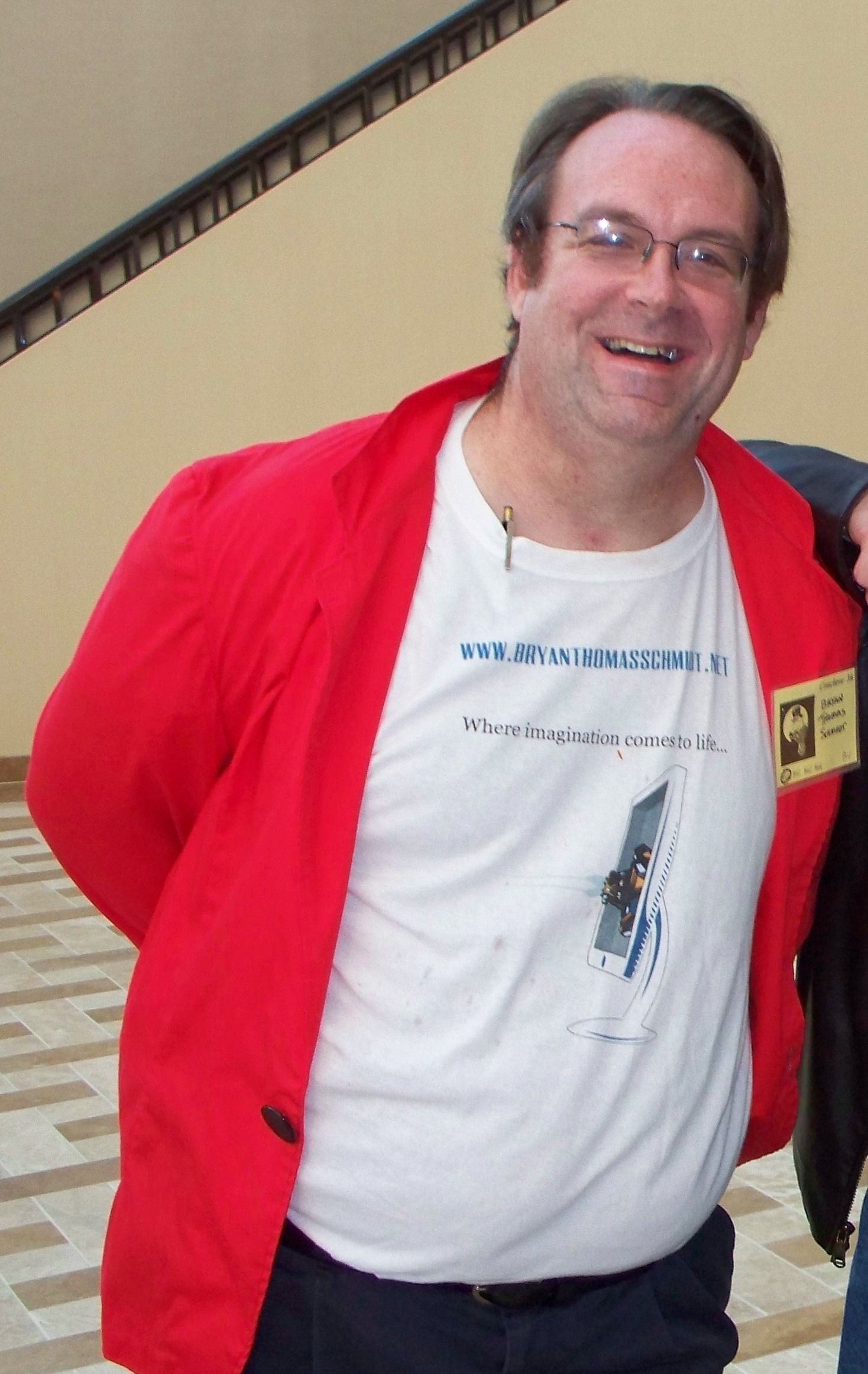 Bryan Thomas Schmidt is the author of the space opera novels The Worker Prince, a Barnes & Noble Book Clubs Year’s Best SF Releases of 2011 Honorable Mention, andThe Returning, the collection The North Star Serial, Part 1, and has several short stories featured in anthologies and magazines. He edited the new anthology Space Battles: Full Throttle Space Tales #6 for Flying Pen Press, headlined by Mike Resnick. His children’s book 102 More Hilarious Dinosaur Jokes For Kids from Delabarre Publishing. As a freelance editor, he’s edited a novels and nonfiction. He’s also the host of Science Fiction and Fantasy Writer’s Chat every Wednesday at 9 pm EST on Twitter, where he interviews people like Mike Resnick, AC Crispin, Kevin J. Anderson and Kristine Kathryn Rusch. A frequent contributor to Adventures In SF Publishing, Grasping For The Wind and SFSignal, he can be found online as @BryanThomasS on Twitter or via his website. Bryan is an affiliate member of the SFWA.
Bryan Thomas Schmidt is the author of the space opera novels The Worker Prince, a Barnes & Noble Book Clubs Year’s Best SF Releases of 2011 Honorable Mention, andThe Returning, the collection The North Star Serial, Part 1, and has several short stories featured in anthologies and magazines. He edited the new anthology Space Battles: Full Throttle Space Tales #6 for Flying Pen Press, headlined by Mike Resnick. His children’s book 102 More Hilarious Dinosaur Jokes For Kids from Delabarre Publishing. As a freelance editor, he’s edited a novels and nonfiction. He’s also the host of Science Fiction and Fantasy Writer’s Chat every Wednesday at 9 pm EST on Twitter, where he interviews people like Mike Resnick, AC Crispin, Kevin J. Anderson and Kristine Kathryn Rusch. A frequent contributor to Adventures In SF Publishing, Grasping For The Wind and SFSignal, he can be found online as @BryanThomasS on Twitter or via his website. Bryan is an affiliate member of the SFWA.




